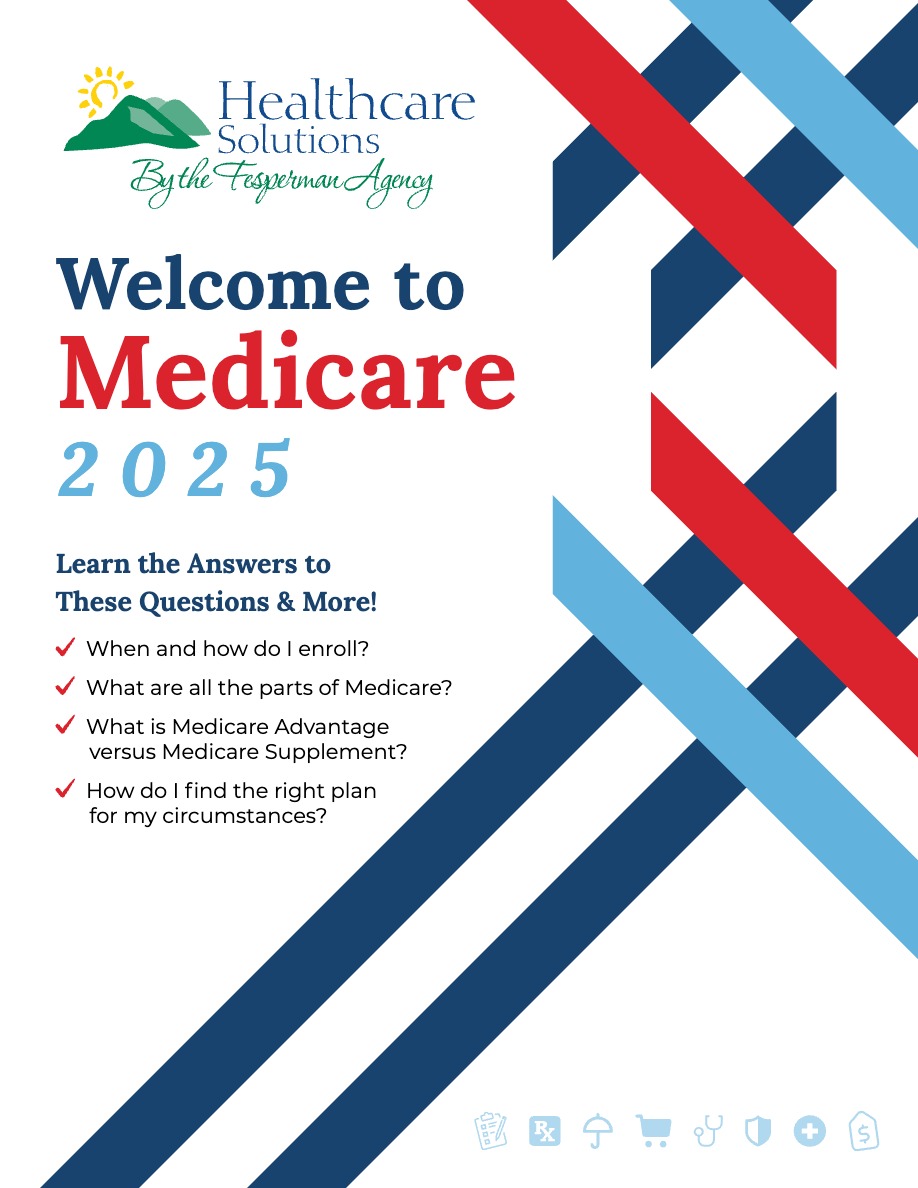

Medicare Advantage Plans work quite differently than Medicare Supplements. The insurance companies sponsoring Medicare Advantage plans are paid directly by Medicare to assume full responsibility for your healthcare. The private insurance company then pays approved claims to healthcare providers according to the benefit design of the Medicare Advantage plan. Medicare Advantage plans are closely monitored and each plan must be approved annually by the Centers for Medicare & Medicaid Services (CMS) before being marketed during the Medicare Open Enrollment Period (OEP) also known as Annual Election Period.
Medicare Advantage plans have a contractual relationship with network healthcare providers, and most Medicare Advantage plans require members to use contracted healthcare providers in order to obtain the full benefit of the Medicare Advantage plan. Here are a few additional facts about Medicare Advantage plans:























